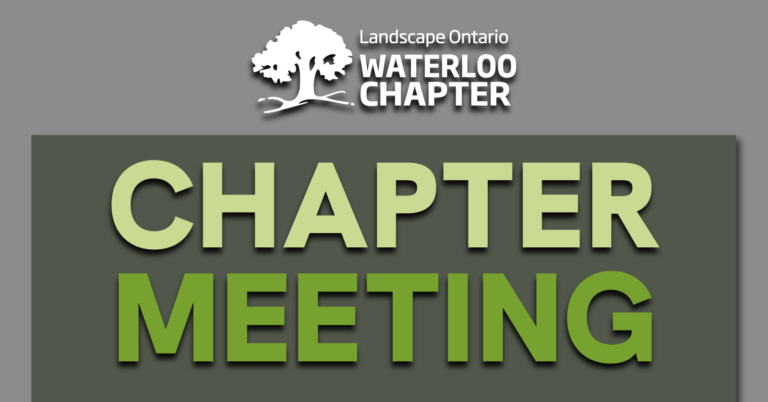 Winter maintenance professionals know better than anyone the challenges related to winter services and safety are real and growing. Setting aside the problematic environmental issues that arise from poor practices and the over application of de-icing mediums (aka salt), contractors are typically small business owners who face a myriad of tests as they seek to deliver services to their clients.
Winter maintenance professionals know better than anyone the challenges related to winter services and safety are real and growing. Setting aside the problematic environmental issues that arise from poor practices and the over application of de-icing mediums (aka salt), contractors are typically small business owners who face a myriad of tests as they seek to deliver services to their clients.
One challenge has been the ability to find salt and the year-over-year increased costs for product. This is a supply and demand issue: too much demand from producers that faced labour issues and floods which increased prices. Faced with this challenge, many professionals worked cooperatively with their clients to find a reasonable resolution, but that wasn’t always the case.
The salt shortage crisis and the increased pricing for de-icing products has seemingly given way to insurance struggles. With a number of insurers exiting the market, the ability of winter maintenance contractors to find insurance becomes a challenge which is exacerbated by staggering increases in premiums and deductibles — even for some business owners that have fantastic records.
Ironically, the interpretation of liability which often drives winter maintenance practices is poorly understood as are the best management practices (BMPs). Contractors are often engaged by facility operators to apply more salt, when in fact the studies prove that too much salt can be itself a slip and fall hazard. It should be about the right product, at the right time in the right amount, not a response to someone’s complaint.
Another struggle which for many seems perennial is the ability to recruit suitable personnel willing to work through storms fuelled often by caffeine and a desire to support the public safety and ensure businesses can operate. Too often we seem to forget that without winter maintenance contractors’ businesses wouldn’t be able to operate following winter storms events. The argument has been reasonably made that the teams of winter maintenance contractors are first responders.
While the list of challenges that winter maintenance contractors face can often seem daunting many groups, including the Smart About Salt Council (SASC) are working collaboratively to try to help. Looking at other jurisdictions which face similar problems legislative relief is being discussed.
Even as engagement with policy makers continues contractors can help themselves. For example, as with so many industries, winter maintenance professionals would be wise to build collaborative relationships with clients, after all the facility owner/operator and the contractor should be focused around safety. One suggestion is to undertake pre-season site inspections to review in-person, winter maintenance plans. Identify low spots where water might pool, leaky downspouts, etc., and address these areas before the snow flies. Discuss where snow might be piled and what products might be used to promote safety.
More than anything though, contractors need to ensure they can demonstrate professionalism and reasonable service through solid record-keeping. A number of technologies now exist which can help a weary driver before, during and after his or her shift to collect that data which can be so valuable for managing a business and a due diligence defence if a slip and fall claim is made. As the old adage goes, “if you can measure it, you can’t manage it.”
The Smart About Salt Council (SASC) is a unique organization. A not-for-profit which was incubated through a government-industry partnership, SASC is dedicated to supporting all stakeholders involved in winter maintenance to adopt best management practices (BMP’s) in a win-win model that supports safety, meaningfully addresses business concerns of contracts, owners/operations, procurement professionals and alike but also mitigates clear environmental concerns.
Those wishing to learn more about the unique programs and services offered by the Smart About Salt Council (SASC) are encouraged to visit www.smartaboutsalt.com. On the website people can quickly sign up for training which is priced at $375 (less than the price of a cup of coffee a day) and “Register Intent to Certify” $226.









